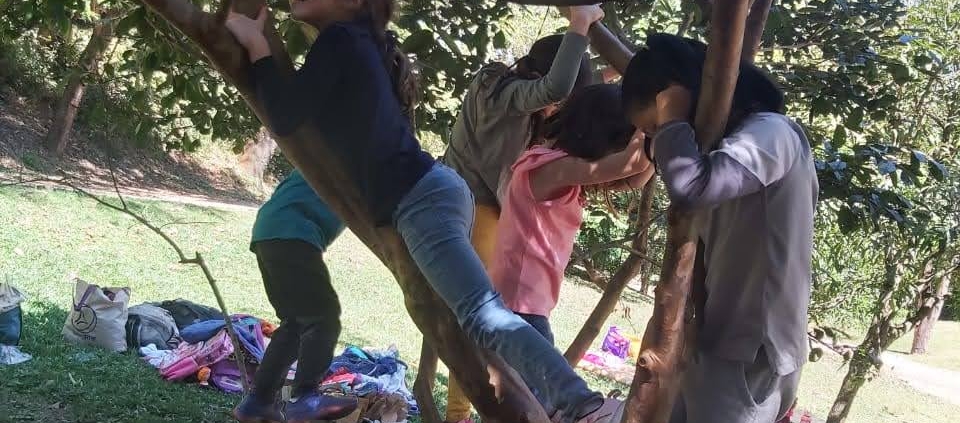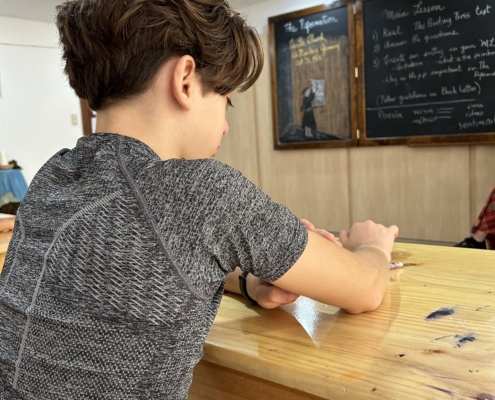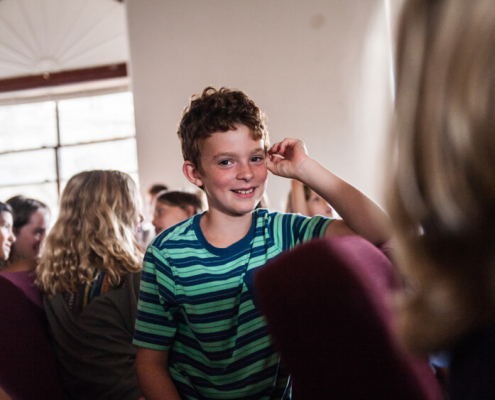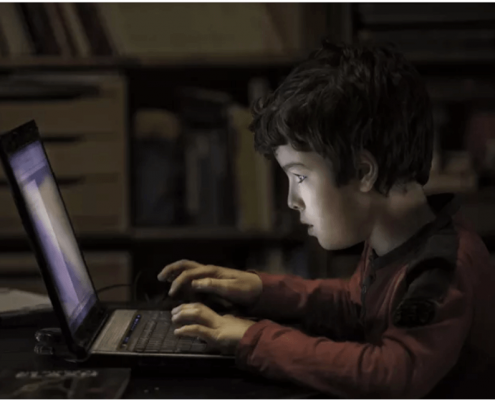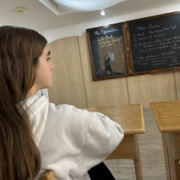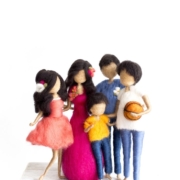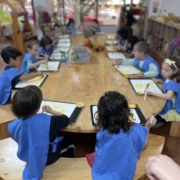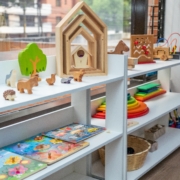Adversity, An Opportunity to Build Resilience
Written by Gabriela de Erichsen
Since March, Guatemala, and the whole world has been facing an uncertain situation through this pandemic. This situation has affected not only the economic area but also the emotional well-being of all humankind. It is very important for us parents to be strong for our kids. We have to keep in mind that everything has also changed for them. We are all struggling with uncertainty and hopelessness. As parents, if we break, our kids will break too.
Here you can find the entire talk and the highlight of Ms. Petersen´s talk. There is so much wisdom shared and amazing tips for us parents to keep in mind to build resilience in our children.
What is resilience?
Merriam Webster defines resilience as:
- The capability of a strained body to recover its size and shape after deformation is caused especially by compressive stress.
- An ability to recover from or adjust easily to misfortune or change.
My journey through this pandemic has been one of constantly having to bounce back and it’s not easy! Bounce back from disappointment, having to totally change the way I do my work, not going home- this is now the longest I have gone without seeing my family, and friends – Cape Town my City.
In her book “The Gifts of Imperfection”, Brene Brown speaks of cultivating a resilient spirit as one of the guideposts for wholehearted living. So I decided to work backward from these things resilient people DO to explore how we can help our children learn to be resilient so they can do the things resilient people do.
She identified 5 of the most common factors of resilient people:
- They are resourceful and have good problem-solving skills
- They are more likely to seek help
- They hold the belief that they can do something that will help them manage their feelings and to cope
- They have social support available to them
- They are connected with others such as family and friends
I think the biggest lesson we need to learn and teach in regard to resilience is that the only way is through. We cannot avoid it, we cannot escape it…. So how can we help each other through?
One thing that comforts me is that children learn and adapt more quickly than adults!! They are more flexible and resilient than us. They adapt quicker.
There is no step by step on how to guide when it comes to cultivating capacities. Resilience is a skill, a feeling, a confidence, a trust in oneself and in life.
Resilience comes from solving problems, and going through situations, it’s not in your head it’s from or out of what you do.
In my opinion, FAMILY is what is going to teach our children resilience in this moment. And that’s wonderful because we can help all of us get stronger through this. Our children are our mirror! So if we are constantly criticizing, being negative, and complaining, they will learn to do what we do.
Practical tips to keep in mind
- Spirituality – knowing, trusting believing there is something bigger than ourselves.
- Gratitude practice
- Awareness- checking on loved ones, family conversations, and sharing.
- Being aware of nature and beauty
- Worry jar
- Talking about the good and bad AGE APPROPRIATE! We cannot tell a 4-year-old that thousands of people are dying of COVID and expect them to deal with that. But you can say “I also feel sad that we can’t go visit grandma today, it makes me want to cry too.”
- Make a point of acknowledging when someone solved a problem no matter how big or small, ESPECIALLY WHEN THEY CLEAN UP A MESS! So that becomes part of their vocabulary- I made a mess and I clean it up
- Let them see our mistakes
- Apologize when you are wrong
- Connection
- How to express feelings? Because we have to go through: what color do you feel today? What animal? What color is angry? Older ones: draw, speak, write, exercise. What can we do to feel the feeling and then what helps us transform that?
The bad news: Our children learn through the US! So immediately we need to know that we cannot teach them anything that we are not. So, from now on I want you to be thinking about how resilient are you. I want you to start thinking about how you can grow your resilience because that will be the most powerful gift you can give your children.
What are we going to do?
I personally loved how Ms. Pettersen ended the talk by saying, “The ball is in our court now, what are we going to do with it?”
And remember, we all go through dark times. And what gets us through is hoping and praying for that light at the end of the tunnel. And that light at the end of the tunnel is our presence now, having life, health being able to wake up every morning, and having our loved ones near and safe.

